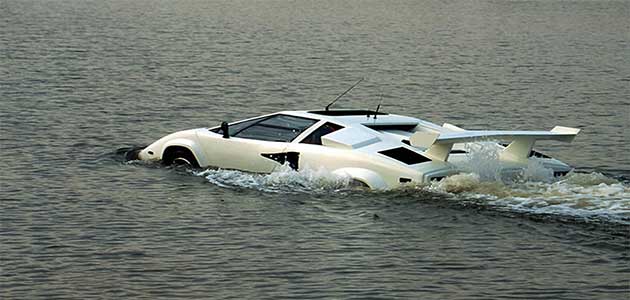Infographics often deal with large numbers or large concepts, with the goal of making the viewer understand just how large they really are. This is also a huge failure point because designers and storytellers often don’t keep comparisons in the same orders of magnitude. You have heard the old distance metric, “If you stack all the X on top of each other, it would reach to the moon, and back!” This is a good reference to something that is 500,000 miles. People understand the distance to the moon better than they understand 500,000 miles. This is an example of a comparison done right. As soon as the comparison leaves the first order of magnitude, though, it becomes less relatable. Did you know that Chevy Volt owners have surpassed 100 million all-electric miles in the first two months since it launched? That’s like going to the moon and back, 210 times! There have been six man missions to the moon, how can you go there and back 210 times? The comparison simply is not relatable. 
Orders of Magnitude


Subscribe to our blog
Sign up to receive Rock Content blog posts
Related Posts
From Meta to Cara: Where Artists Reclaim Their Creative Freedom

Discover the Best Content Creation Services for Your Company
March 26, 2023

SEO: Commas and Punctuation in Keyword Phrases
August 18, 2014

Your Guide To The Minneapolis Writing Scene
March 28, 2019

Order badass content with WriterAccess. Just as we do.
Find +15,000 skilled freelance writers, editors, content strategists, translators, designers and more for hire.
Want to receive more brilliant content like this for free?
Sign up to receive our content by email and be a member of the Rock Content Community!
Talk to an expert and enhance your company’s marketing results.
Rock Content offers solutions for producing high-quality content, increasing organic traffic, building interactive experiences, and improving conversions that will transform the outcomes of your company or agency. Let’s talk.

